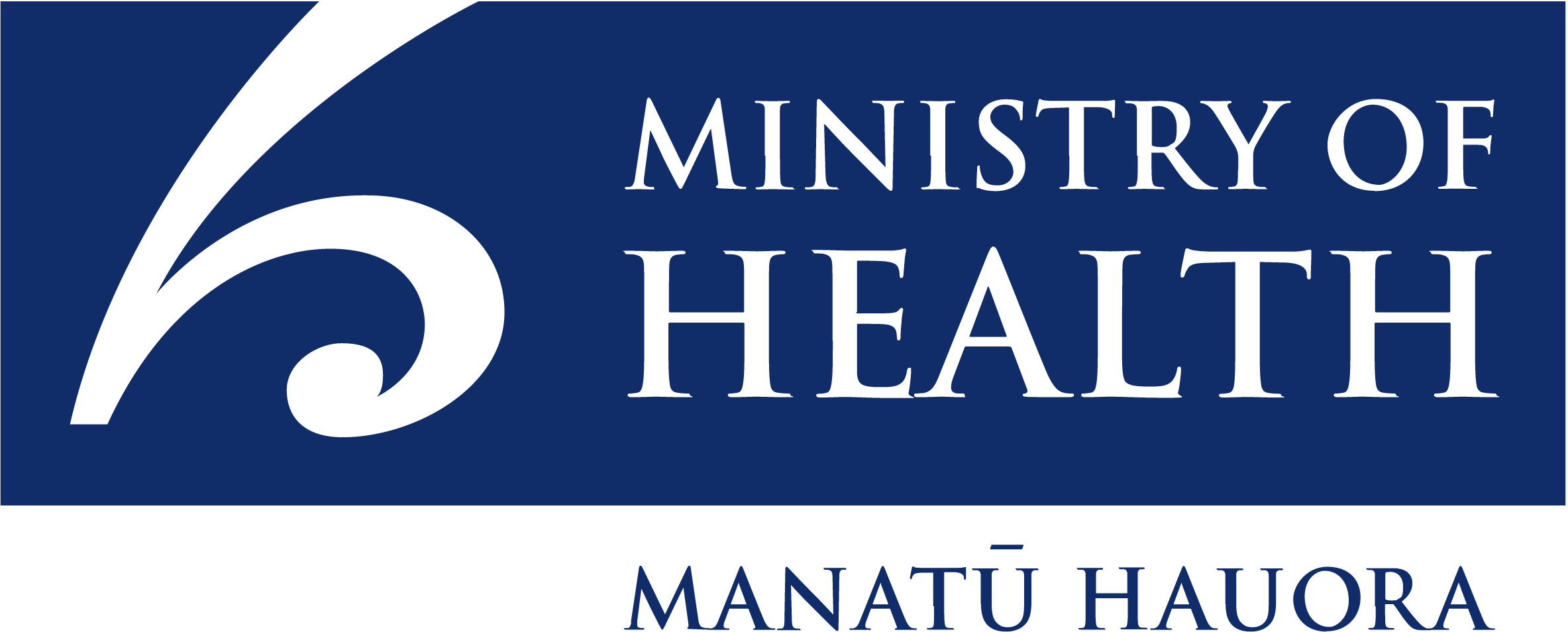Proposed amendments to the specified prescription medicines list for designated registered nurse prescribers in primary health and specialty teams
Overview
The Ministry of Health invites submissions on proposed amendments to the list of specified prescription medicines for designated registered nurse prescribers.
The Nursing Council of New Zealand (the Nursing Council) has recommended 60 prescription-only medicines it considers appropriate for designated registered nurse prescribers in primary health and specialty teams.
The Nursing Council received suggestions for other prescription medicines that they have not recommended be added at this time.
The Ministry of Health, on behalf of the Director-General, must consult with those people or organisations that may be affected by a change to the specified prescription medicines before making a legal change by Gazette notice.
The current prescription medicines for designated registered nurse prescribers was developed in 2014 and came into effect in September 2016. Since then there have been many new medicines introduced to the New Zealand Formulary.
The proposed amendments include new medicines for diabetes, respiratory conditions and antiviral medicines. Most medicines on this list are subsidised. The PHARMAC Community Pharmaceutical schedule should be consulted for details of the subsidies. Registered nurse prescribers need to be aware of the funding rules.
Please submit your feedback on the proposed amendments by Wednesday 27th January 2021.
Note that specific questions you may have about the proposed prescription medicines list for designated nurse prescribers or suggestions about other medicines should be directed to the Nursing Council.
Background information - Registered nurse prescribing
Legal framework for registered nurse prescribing
Under the Medicines (Designated Prescriber - Registered Nurses) Regulation 2016 and the Misuse of Drugs Regulations 1977, the Nursing Council can authorise suitably qualified nurses practising in primary health and specialty teams to prescribe specified prescription medicines and controlled drugs. Registered nurses with designated prescribing rights can also write a prescription for medicines of a 'lower' classification (e.g., restricted medicines, pharmacy only medicines) within their level of competence and specific area of practice.
The qualifications, training, assessment and continuing competence requirements for registered nurses seeking to be authorised by the Nursing Council are set out in a Gazette notice made under these regulations.
The prescription medicines in current use have been specified by the Director-General of Health in a Gazette notice.
Regulation of registered nurse prescribing
Registered nurses prescribing in primary health and specialty teams prescribe from a list of medicines for common and long-term conditions. Nurses must be a part of a collaborative team so that the nurse can consult a doctor or nurse practitioner if the patient's health concerns are more complex than the registered nurse prescriber can manage.
Registered nurses have a different level of prescribing authority than nurse practitioners who are authorised to prescribe any prescription medicine within their area of competence.
Nursing Council sets the professional regulation and guidance for registered nurse prescribing in Aotearoa New Zealand. The relevant documents are on the Nursing Council website:
- Medicines List for registered nurse prescribing in primary health and specialty teams. This guidance lists all medicines in current use categorised by body system, and outlines restrictions, specific route or form and any other guidance.
- Competencies for nurse prescribers (2016). The competencies describe the activities that are essential for safe, appropriate and effective prescribing including patient assessment, clinical reasoning, monitoring and communication skills.
- Preparation and Guidance for Employers and RN Prescribers (2020).
Audiences
- Health sector
Interests
- Workforce

Share
Share on Twitter Share on Facebook